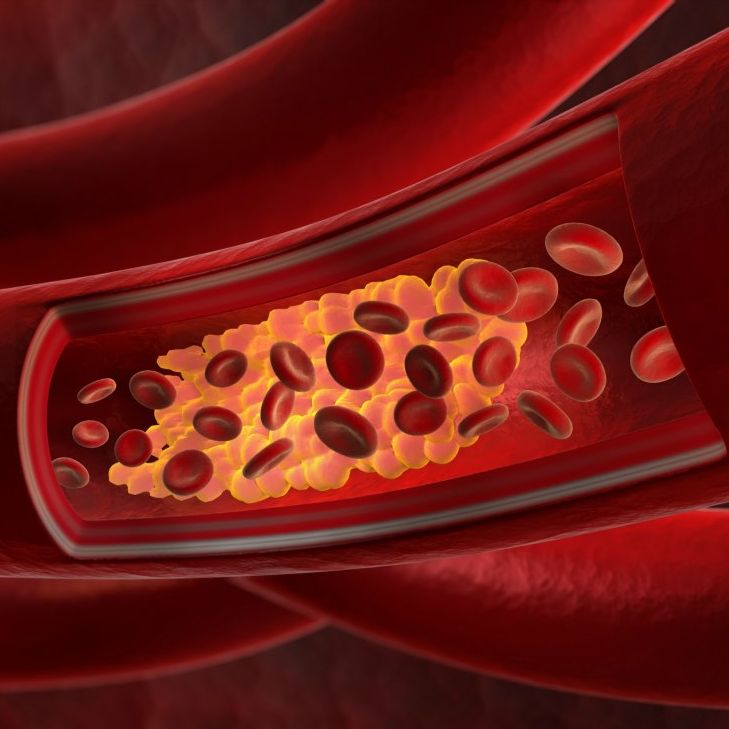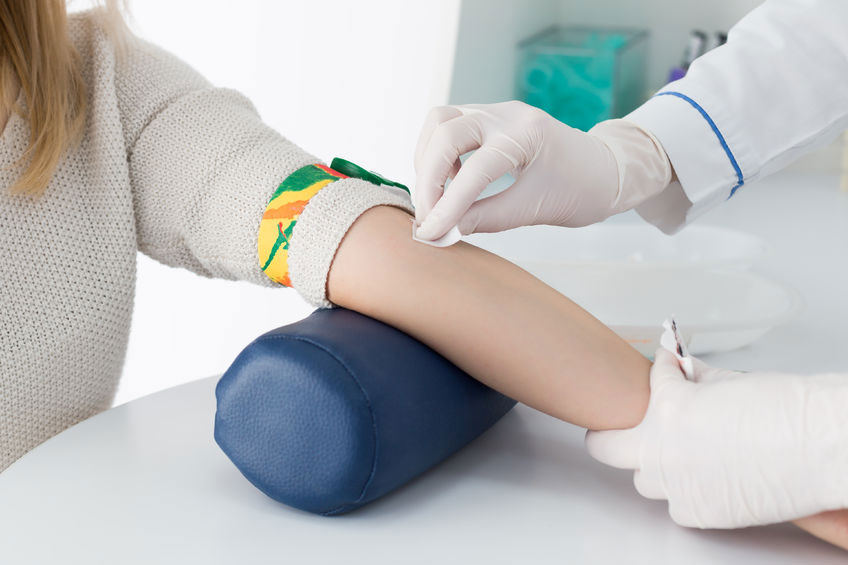Fat metabolism laboratory test
Fat metabolism, in which hormones play an important role, takes place primarily in the liver and adipose tissue, where fats are built up and broken down. Blood fat levels (HDL, LDL cholesterol) and their ratios are measured using a fat metabolism laboratory test.
Fat metabolism laboratory test
What does the test examine?
How to prepare for the test?
How much does the test cost?
Items tested in the fat metabolism lab package
Cholesterol
Cholesterol is produced in the highest amount by the liver in the human body, but some of it is taken in with food. It plays a significant role in the structure of cell membranes. The cholesterol produced by the liver is needed to produce bile.
HDL cholesterol
It is also referred to as “protective” or “good” cholesterol because it transports cholesterol deposited in the blood vessel wall back to the liver where it is broken down.
LDL cholesterol
It is mostly known as “bad” cholesterol. It transports cholesterol from the liver to the cells. When the body accumulates more cholesterol than it needs, the excess cholesterol is deposited in the walls of the blood vessels.
non-HDL cholesterol
Non-HDL cholesterol levels are obtained by subtracting the HDL cholesterol number from the total cholesterol number. Non-HDL cholesterol contains virtually all “bad” types of cholesterol. Its optimal level is less than 130 milligrams / deciliter (mg / dL) or 3.37 millimoles / l (mmol / l). Higher numbers indicate a higher risk of heart disease.


What can inadequate cholesterol levels indicate?
Low HDL cholesterol levels contribute greatly to the development of atherosclerosis and cardiovascular disease.
With elevated LDL-cholesterol as well as total cholesterol levels, the elasticity of the vessel wall decreases, allowing cholesterol to accumulate. Too high a value significantly increases the risk of atherosclerosis and myocardial infarction.
What causes high cholesterol?
Malnutrition (regular consumption of high cholesterol foods)
Taking certain medicines (eg antihypertensives)
Pregnancy
Inherited metabolic disease
Hypercholesterolemia is a severe metabolic disease with much higher than average cholesterol levels.
Familial hypercholesterolemia is an inherited disease that can be treated not only with diet but also with drugs that regulate cholesterol levels. Treatment of inherited high cholesterol can prevent the development of more serious complications (atherosclerosis, myocardial infarction, stroke). Familial hypercholesterolemia is incurable and requires medication throughout the patient’s life.
Triglycerides
Triglycerides (neutral fats) are the main components of dietary fats (e.g. butter, lard) that provide energy to our bodies. While some of the fat that enters the body covers energy needs, the remaining, unused portion is stored in adipose tissue. In case of excessive carbohydrate intake, our own body also produces triglycerides.
Normally, triglycerides are only present in small amounts in the blood.
What causes high triglyceride levels?
Due to malnutrition, thyroid disease (hyperthyroidism, overactivity), taking certain medications, excessive alcohol consumption, inflammation of the pancreas, and inherited metabolic disease can all contribute to high triglyceride levels.
Hypertriglyceridemia is a severe metabolic disease with high triglyceride levels
Due to very high triglyceride levels, the risk of atherosclerosis and cardiovascular disease is significantly increased. Medication can be used to prevent the development of more serious complications, furthermore you should avoid bad habits (alcohol, smoking), and begin exercising regularly.
A fat metabolism laboratory test alone is not yet sufficient to make a diagnosis. Depending on the results of the laboratory test, it is recommended to see an internal medicine specialist.


How to prepare for the examination?
You must arrive on an empty stomach for the blood sampling.
When will your results arrive?
On the second workday after the sampling.

